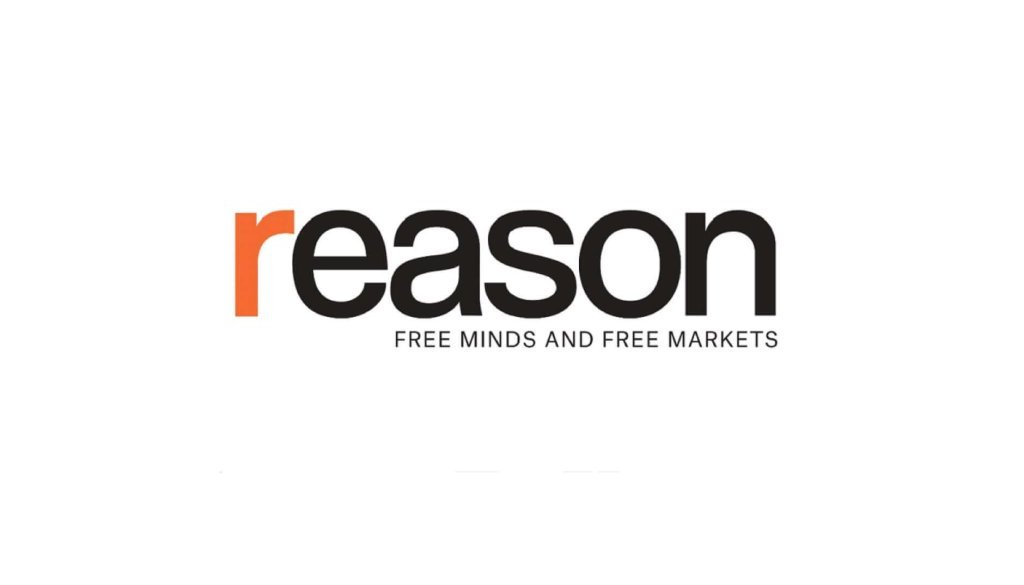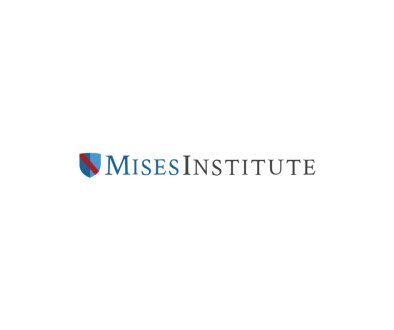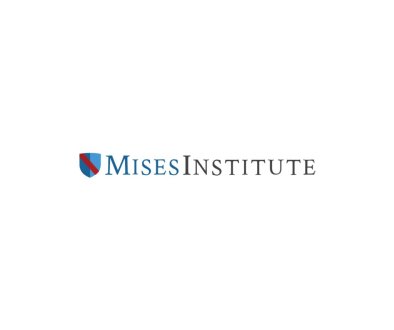The Dismissed Federal Cases Against Trump Involved Substantial Evidence of Serious Misconduct
Special Counsel Jack Smith this week moved to dismiss the criminal charges against President-elect Donald Trump in two federal cases based on his alleged interference in the 2020 election and his retention of classified documents after leaving office in 2021. That step is consistent with the Justice Department’s longstanding policy against prosecuting sitting presidents. Even without that policy, the Justice Department under Trump surely would have put a swift end to the cases.
As Trump tells it, these cases were politically motivated attempts to prevent his election to a second term, epitomizing the “weaponization of government” that he and his supporters frequently decry. But unlike the New York criminal case against Trump, which resulted in 34 felony convictions based on an iffy legal theory aimed at punishing him for his hush payment to porn star Stormy Daniels, the indictments that Smith obtained alleged serious misconduct that plausibly violated several federal laws.
When the Supreme Court approved broad presidential immunity from criminal prosecution for “official acts” last July, it nixed some parts of the election interference indictment. In particular, the Court’s ruling in Trump v. United States said Trump’s communications with the Justice Department, which he pressured to validate his stolen-election fantasy by announcing an investigation of his baseless fraud claims, could not be grounds for criminal liability. But the decision left open the possibility that Trump could be prosecuted based on other actions that he arguably took as a candidate rather than in his official capacity as president.
In a separate decision that did not directly involve Trump, the Supreme Court cast doubt on the viability of charging him with obstructing an official proceeding by plotting to interfere with the congressional ratification of Joe Biden’s victory. According to the Court’s June 28 ruling in Fischer v. United States, which involved a Capitol rioter who faced the same charge under 18 USC 1512(c)(2), proving a violation of that statute requires “establish[ing] that the defendant impaired the availability or integrity for use in an official proceeding of records, documents, objects,” or “other things used in the proceeding, or attempted to do so.”
That decision did not necessarily preclude the Section 1512(c)(2) charge against Trump. As University of Richmond law professor Riley Keenan noted at the time, “the obstruction charge against him is based in part on the allegation that he organized slates of electors to certify false election results to Congress,” which “may amount to impairing the integrity of the evidence used in the certification proceedings.”
The superseding indictment that Smith filed on August 27 still included the Section 1512(c) charge, along with a conspiracy charge based on the same statute. And it still included the two additional conspiracy charges listed in the original indictment: conspiracy to defraud the United States under 18 USC 371 and conspiracy to deprive Americans of their voting rights under 18 USC 241. The new indictment sought to comply with the Supreme Court’s presidential immunity ruling by emphasizing the private character of actions that Trump took after the election, including his recruitment of “alternate electors,” his persistent pressure on Vice President Mike Pence to recognize those electors and/or reject Biden’s, and his attempts to enlist state officials in his cause.
Those efforts, Smith argued, went beyond Trump’s official duties and aimed to illegally keep him in power after he lost reelection. According to Smith, Trump knew he had lost, which meant he acted with criminal inten
Article from Latest

The Reason Magazine website is a go-to destination for libertarians seeking cogent analysis, investigative reporting, and thought-provoking commentary. Championing the principles of individual freedom, limited government, and free markets, the site offers a diverse range of articles, videos, and podcasts that challenge conventional wisdom and advocate for libertarian solutions. Whether you’re interested in politics, culture, or technology, Reason provides a unique lens that prioritizes liberty and rational discourse. It’s an essential resource for those who value critical thinking and nuanced debate in the pursuit of a freer society.




